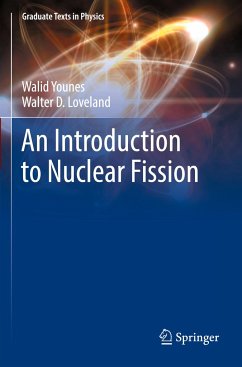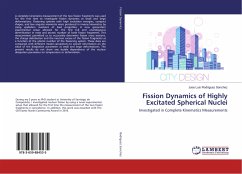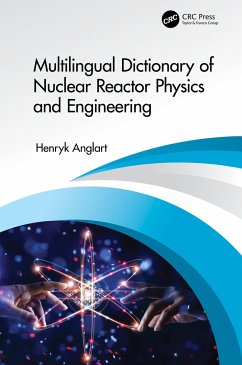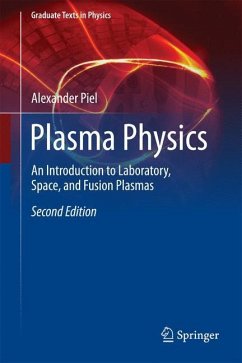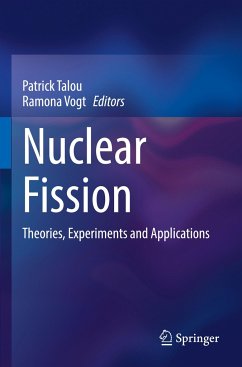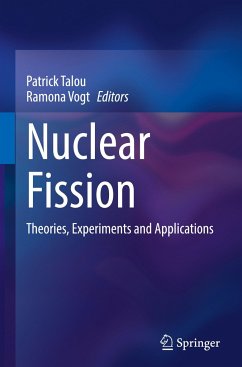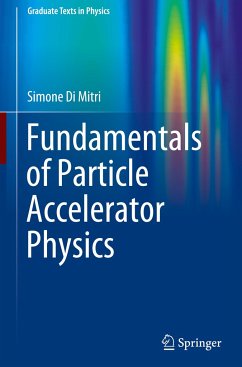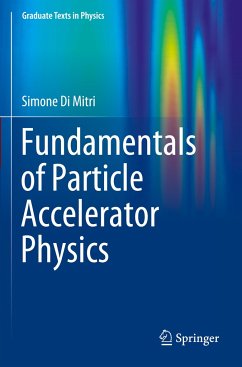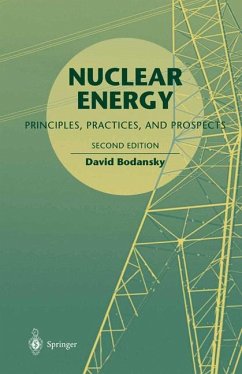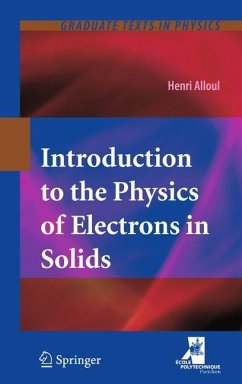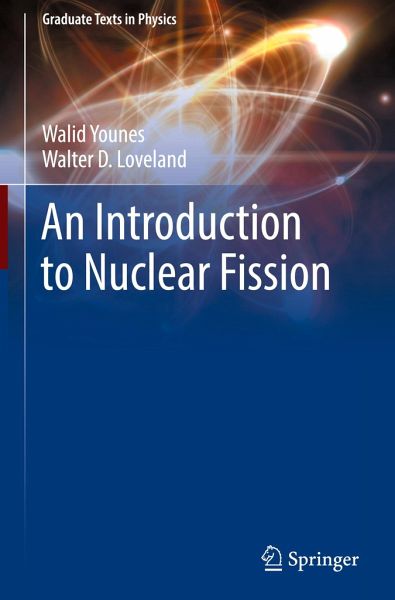
An Introduction to Nuclear Fission
Versandkostenfrei!
Versandfertig in 6-10 Tagen
65,99 €
inkl. MwSt.
Weitere Ausgaben:

PAYBACK Punkte
33 °P sammeln!
This hands-on textbook introduces physics and nuclear engineering students to the experimental and theoretical aspects of fission physics for research and applications through worked examples and problem sets. The study of nuclear fission is currently undergoing a renaissance. Recent advances in the field create the opportunity to develop more reliable models of fission predictability and to supply measurements and data to critical applications including nuclear energy, national security and counter-proliferation, and medical isotope production. An Introduction to Nuclear Fission provides foun...
This hands-on textbook introduces physics and nuclear engineering students to the experimental and theoretical aspects of fission physics for research and applications through worked examples and problem sets. The study of nuclear fission is currently undergoing a renaissance. Recent advances in the field create the opportunity to develop more reliable models of fission predictability and to supply measurements and data to critical applications including nuclear energy, national security and counter-proliferation, and medical isotope production. An Introduction to Nuclear Fission provides foundational knowledge for the next generation of researchers to contribute to nuclear fission physics.





